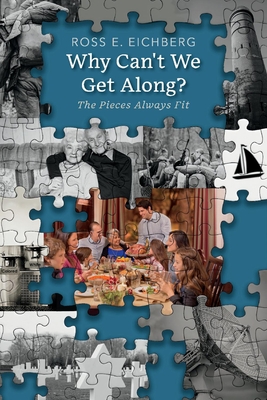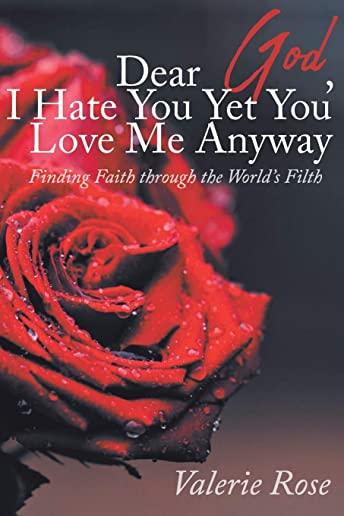
description
2Rick and Trina were ordinary children of Jewish immigrant families in extraordinary times. They came of age while the world burned, first in the Depression and then in the Second World War. Rick endured cruelty from his mother and brother allegedly because of his stammer, and then was drafted into the Army. Trina was bullied for being fat, and her father required her to drop out of college to return to the family farm to take care of her mother. They found each after the War, fell in love, and stayed happily married for almost sixty five years. Why Can't We Get Along? The Pieces Always Fit is the story of a successful marriage with successful written in small letters. Neither Rick nor Trina won a Nobel Prize or appeared on the cover of Time Magazine; they were just part of the American middle class. Their accomplishments and their stories were taken for granted by their own children, Karen and Sandra. And those daughters just could not understand why their father, who was liked by many, was despised by his own mother, brother, and son-in-law. After Rick's death, the daughters prepare for the estate sale in their parents' house and reminisce over some of the many stories their parents told and retold, spanning several generations. They look for clues in the stories to understand why three of the people who should have been closest to their father hated him so much. They connect the dots separated by generations to deduce why their family followed its particular path and come to terms with some of the Jew/Gentile and Black/White paradigms. They grapple with the social currents of the twentieth century that continue to shape perspective and touch their family in the twenty-first century: race, ethnicity, sibling rivalry, and abusive family relationships. Karen and Sandra eventually discover their parents' secrets. The story is a time capsule, preserving the tales their parents had repeated endlessly but which were largely discounted or ignored. It reminds us that we never know why protagonists and antagonists do what they do until we understand their perspective. And it is perspective that explains why intelligent witnesses to the same event may arrive at opposite conclusions. The conflicts in the story span decades and, true to life, some of them get resolved and some of them do not. The mortality of the protagonists calls into question whether the conflicts were worth the aggravation. Why Can't We Get Along? The Pieces Always Fit is part The Greatest Generation, part Chesapeake, and part how to deal with all the characters in one's life. Readers will want to call their parents and tell them I love you...or...I'm sorry... or both.
member goods
No member items were found under this heading.
listens & views

BLUEGRASS NUMBER ONE HITS / ...
by BLUEGRASS NUMBER ONE HITS / VARIOUS
COMPACT DISCout of stock
$11.49
Return Policy
All sales are final
Shipping
No special shipping considerations available.
Shipping fees determined at checkout.






